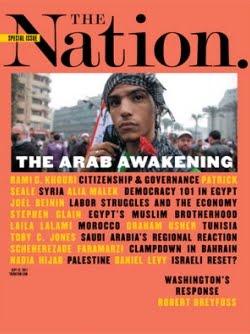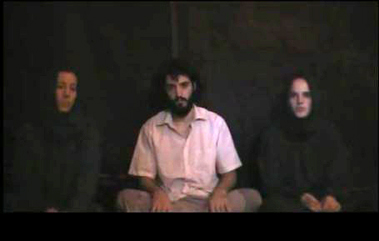
Mellat Park Cineplex by Fluid Motion Architects, Iran
by Wiiliam O. Beeman, Chair of Anthropology, University of Minnesota
Dear Friends
My musings seem to have been of interest to a number of you, so I hope you will indulge me with another postcard. I’ll be here until Sunday
Two other Americans showed up for our conference, entitled “The First International Conference on Human Rights and Cultures: Cultures in Support of Humanity.” It is being held at the Ministry of Foreign Affairs and heavy in attendance are the students from the Foreign Policy School run by the Ministry. Some G2K members may find the subject of the conference “ironic,” but in fact the organizers, the Non Aligned Movement Center for Human Rights and Cultural Diversity, has assembled quite a large and stellar international group of scholars, NGO officers, Peace Movement functionaries and government officials for this.
The 64 presentations have been on a high level, and would meet a significant academic standard anywhere.Some titles:
“Protection of Cultural Property in Armed Conflicts”
“Constructing the Other”
“The Role of Cultural Diversity in Promoting a Culture of Peace”
“Establishing a Normative Framework for Evaluating Diverse Cases of Transitional Justice”Â
The graduate students in international relations are especially impressive. They all have impeccable English, are extremely charming, and are working on serious dissertation topics, such as: “Iran’s Developing Relations with Egypt 2000-2011,” “International Economics in non-petroleum sector in the Gulf Region,” “Iran’s prospects in West Africa” and many more. A group of them at dinner surprised me: “Do you speak Spanish?” Well I do, and so do they–quite impressively! They are all learning Spanish and plan trips to Latin America in the Near Future–even the young man posted as political officer in Sweden.
The young women graduate students have been formidable. Several are giving papers. They make up more than half of the student body. They ask great questions, don’t back down and have facts and figures at the fingertips. Forgive me for noticing sartorial details, but although they are dressed in impeccable hejab, every one of them has something that makes her dress stand out. It seems the fashion is now to turn the naghma’eh into a flattering accessory. There is the naghma’eh with a kind of rhinestone band at the forehead, one with little extensions in the front that can be wrapped in a clever loose bow, one with discreet embroidery around the edge. The women pair long skirts and jackets with front panels in white or pastel colors. They are in effect wearing the equivalent of the skirted suit. It is very smart and very professional while being distinctive. Continue reading Postcard from Tehran





